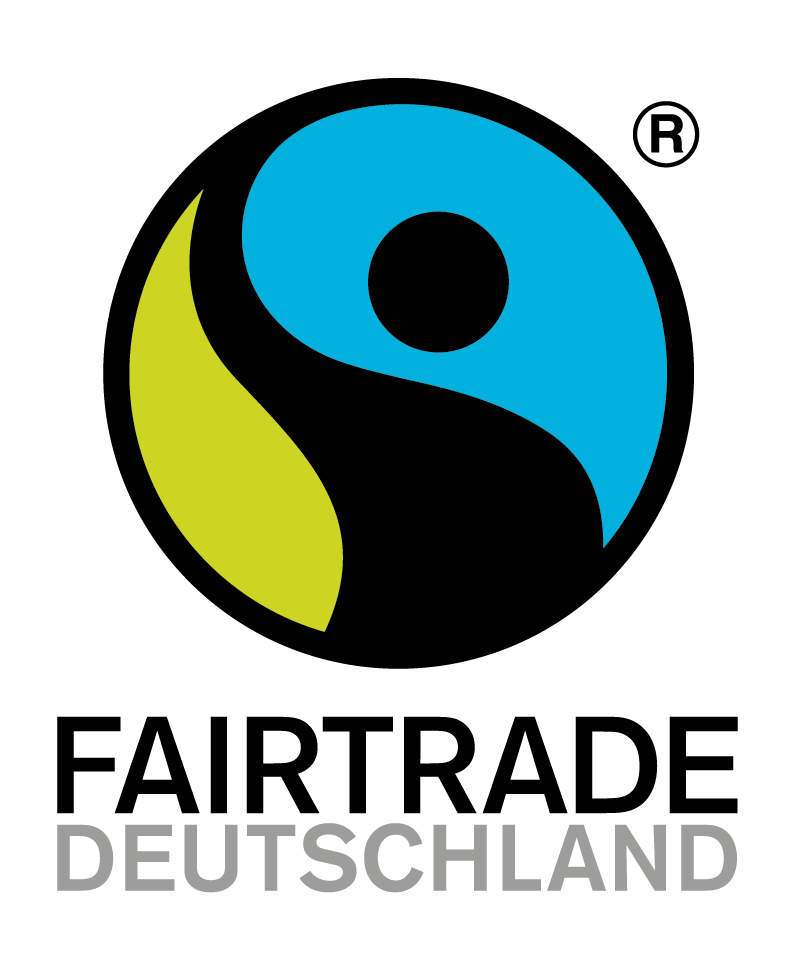So messen wir unsere Wirkung
Zuverlässige Monitoring, Bewertung und Lernen sind der Schlüssel zum Verständnis der Wirkungen von Fairtrade. Wir führen ein Programm durch, um unsere Strategien kontinuierlich zu optimieren und unseren Ansatz zu verbessern.


Wir verpflichten uns, die Wirkung von Fairtrade zu messen und sie transparent zu kommunizieren. Wir fassen die Ergebnisse von Forschung und Monitoring regelmäßig zusammen, um ein besseres Verständnis unserer Wirksamkeit zu entwickeln. Unsere gewonnenen Erkenntnisse fließen in unsere gemeinsame Arbeit mit den Produzent*innen ein, um zusammen Lösungen für die Herausforderungen zu entwickeln, mit denen sie konfrontiert sind.
Unsere Bemühungen in den Bereichen Monitoring, Bewertung und Lernen umfassen:
- Regelmäßige Überwachung zertifizierter Produzentenorganisationen,
- spezifische Evaluierungen von Fairtrade-Projekten und -Programmen,
- vertiefende Studien durch externe Forschende,
- Austausch von Informationen und Analysen mit Produzent*innen zur Validierung und um gemeinsame Erkenntnisse zu gewinnen..
A commitment to transparency
We publish the results of our annual monitoring data collection, our commissioned evaluation research, and other relevant reports. We also share our research in progress.
Visit our library to access these publications or browse our key data section for the latest monitoring data. You can find information on specific projects on our impact map.
For any questions or feedback on our monitoring, evaluation and learning work, please contact impact@fairtrade.net.
How we conduct and use research
We regularly commission outcome and impact evaluations on various products and topics. These are led by independent research institutions with expertise in researching the effects of certification. We also collaborate in other ways with external research institutions to support research into topics of interest to us. Whenever Fairtrade commissions research, we ask researchers to follow the Fairtrade research ethics policy to assure that our ethical principles are respected.
Wherever possible, we publish the full results of evaluation research to support wider knowledge and understanding of the Fairtrade impact and to hold ourselves accountable to where we need to improve.
External research
Fairtrade is one of the most researched certification systems, yet there are still many topics that need further exploration. We maintain a Fairtrade research agenda that lists our highest-priority topics, and we encourage external researchers to work with us on these topics if they are of interest. If you are a researcher who is planning new research on Fairtrade, we would love to know more about your research plans. Please get in touch by emailing impact [at] fairtrade.net.
Student research
Research students at the secondary, undergraduate, masters and PhD levels regularly contact Fairtrade International, national Fairtrade organisations and Fairtrade producer networks to request support with their research assignments.
High quality work by research students can potentially provide an effective way for Fairtrade to learn more about less-frequently studied products and origins, or specific aspects of Fairtrade’s thematic areas. However, we must carefully weigh the projected gain of research projects against limited staff and financial resources.
All research engagements with students are guided by our student research policy. If, after reviewing the policy, you believe that you fulfil the criteria for engagement, please submit a one-page research summary to student research@fairtrade.net.
ISEAL
Fairtrade International’s monitoring, evaluation and learning system is regularly being assessed independently to verify that we comply with the ISEAL Impacts Code.
Read more about the ISEAL Impacts Code compliance process.

.jpg)
.png)